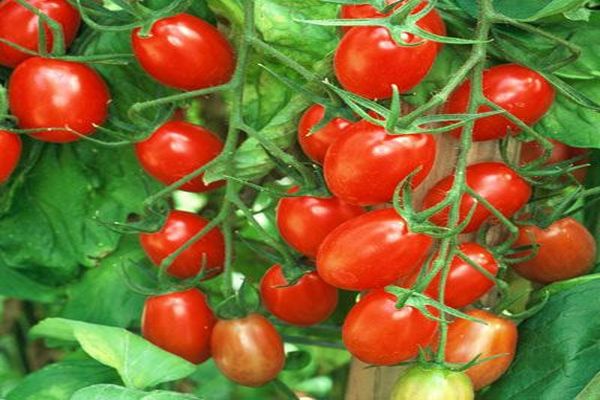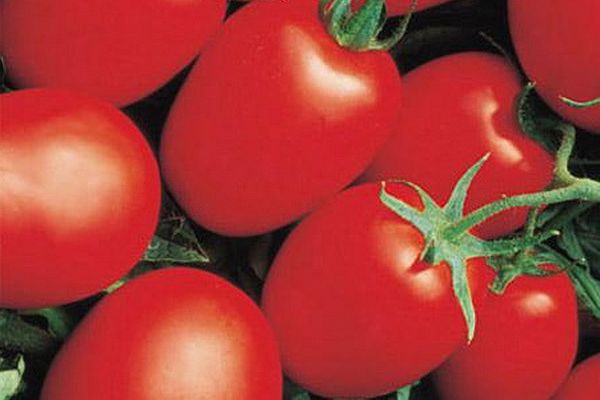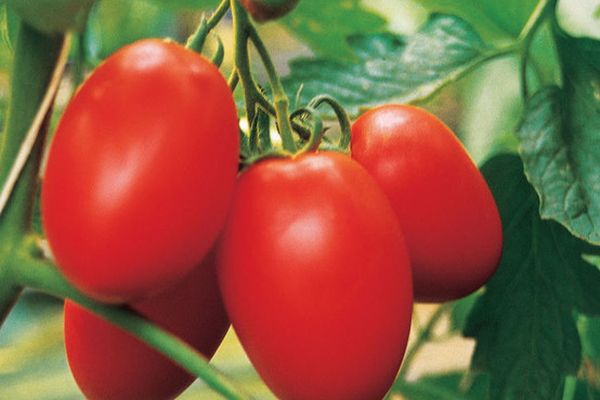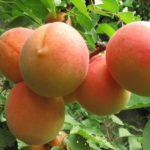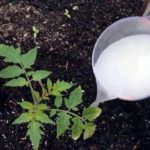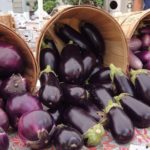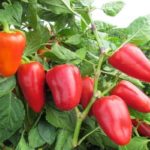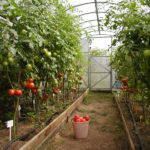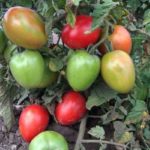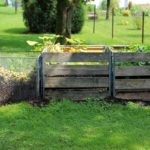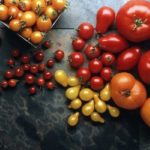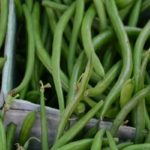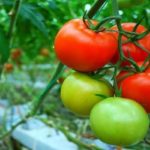The Yaki F1 tomato, an early, high-yielding hybrid of Dutch selection, has become widely used by domestic farmers and has earned excellent reviews. A hybrid of determinant type, recommended for growing in open ground.
The period from sowing the seeds into the soil until the ripening of the first fruits is 100-105 days. The stem of the Yaki F1 bush is powerful, stable, the leaves are dark green and wide. This hybrid does not require mandatory tying to a support or pinching. The first ovary appears after 4-5 leaves. During the season it can produce 10-12 bunches of tomatoes.
Fruit characteristics
The fruits of the hybrid tomato Yaki F1 are plum-shaped, round, bright red, without greenery at the stalk, dense, sugary. They are easily torn from a bush without a stalk. Fruit ripening occurs 65-70 days after seedlings are planted on the soil. The weight of one fruit of these tomatoes, depending on growing and care conditions, ranges from 85 to 140 grams.
Taste and technical characteristics
The Yaki F1 tomato variety has good taste and aroma. The dense, fleshy consistency allows you to obtain high-quality tomato paste during factory processing. The thick skin retains a pleasant taste and firmly holds the shape of the tomato in brine and marinades, in slices and homemade salads.
The Yaki F1 tomato also earned rave reviews from housewives for its sugary pulp. Sauces, purees and ketchups made from these tomatoes are tasty and beautiful. Yaki F1 is easily transported and stored. After being removed from the root, unripe tomatoes can be stored for 1.5-2 months in a cool place or in the refrigerator.
Features of cultivation
The hybrid tomato Yaki F1 was specially adapted by the developers of this variety for growing in open ground. An unpretentious, cold-resistant tomato, suitable for industrial cultivation in vegetable farms. Gives friendly crop shoots, i.e. Most of the fruits ripen almost simultaneously.
The yield of this hybrid is 7-8 kg per 1 m2 , which exceeds the yield of its closest competitors.
Direct sowing of tomatoes of this variety in the ground is not recommended, since the growing season of the plant is lengthened and the yield is reduced. In addition, under such conditions it is impossible to obtain an early harvest.Yaki F1 tomato seeds are sown 6-8 weeks from the last expected frost date in the region. Sowing is carried out in illuminated warm rooms, heated greenhouses or greenhouses.
Optimal germination of sprouts occurs after 7-14 days at constant soil moisture and temperature. An important point for obtaining healthy and fertile tomato seedlings is the optimal combination of humidity and temperature. A description of the requirements for water quality for irrigation and soil moisture is given in the table.
| Soil moisture | Water quality requirements for irrigation | ||
| transplanting | 65-75% NV | acids | absence |
| beginning of fruit formation | 76-82% NV | impurities | absence |
| first fees | 70-80% NV | total salt content | 1100-1300 mg/l |
| end of growing season | 85% NV | pH environment | close to neutral |
| oxygen saturation | maximum | ||
Planting of ready-made tomato seedlings is carried out according to the scheme 50 x 40 cm, 3-4 plant bushes per 1 m2. It is possible to plant up to 6 bushes per 1 m2.
To obtain abundant harvests, the correct selection of a site for planting is also necessary. It must be remembered that it is ineffective to plant the Yaki F1 hybrid on the ground after vegetable crops such as onions, potatoes, cabbage, and eggplants.
Proper and timely application of fertilizers to the plot of land chosen for planting is an integral part and the key to profit.
Disease resistance
| № | Type of disease | Degree of stability |
| 1 | verticillium wilt (V-1) | high |
| 2 | fusarium wilt (races 1,2) | high |
| 3 | Alternaria stem cancer | high |
| 4 | Bacterial fruit spot
(BSK-0 (IR) |
average |
| 5 | tomato nematode | high |
Advantages and disadvantages
Characteristics of the advantages of the Yaki F1 tomato:
- does not require obligatory garter to the support;
- does not require removal of stepsons;
- resistant to low air temperatures;
- does not require closed cultivation in greenhouse conditions;
- the fruits ripen almost simultaneously;
- suitable for industrial cultivation;
- suitable for machine harvesting;
- high productivity;
- used for factory preparation of tomato paste, sauce, puree;
Tomato is resistant to major diseases.
Characteristics of the disadvantages of the Yaki F1 tomato:
- simultaneously yields almost the entire harvest.

